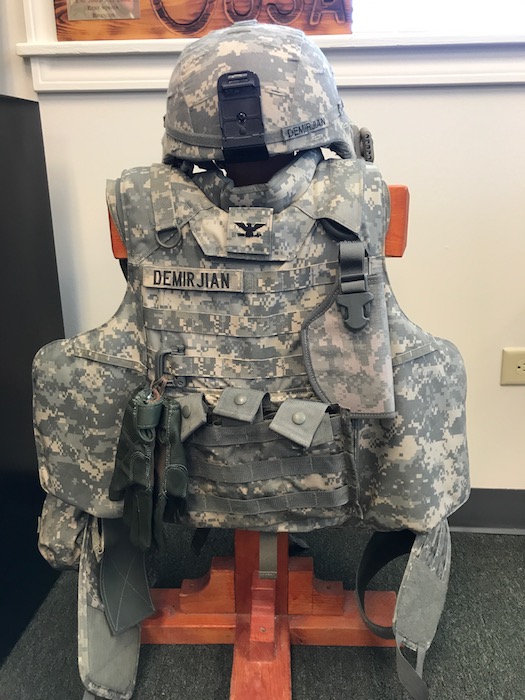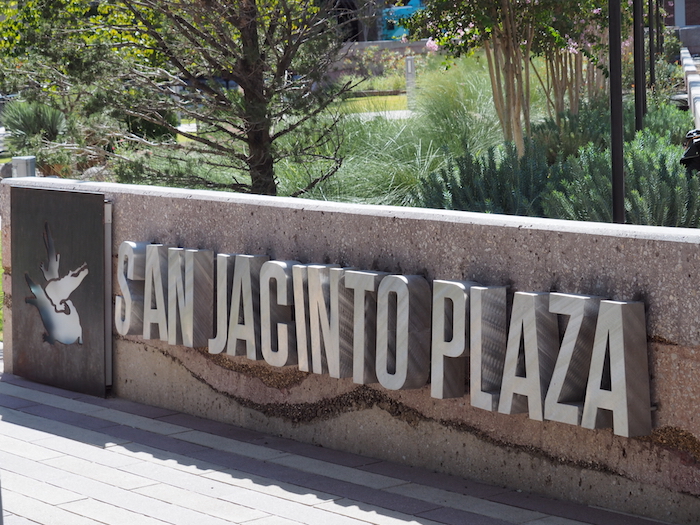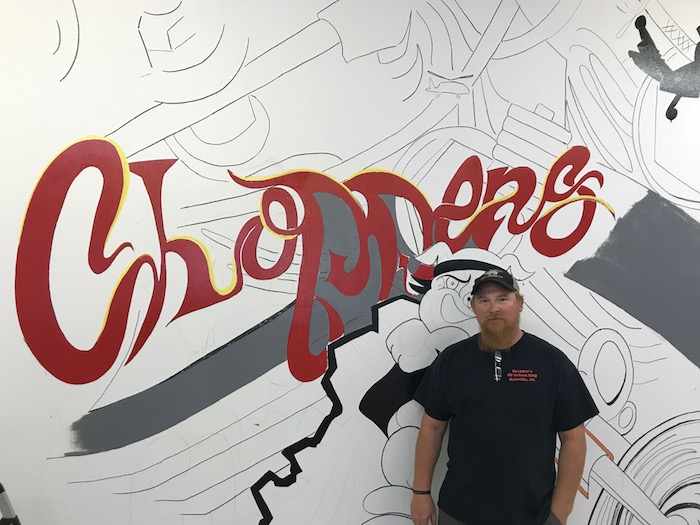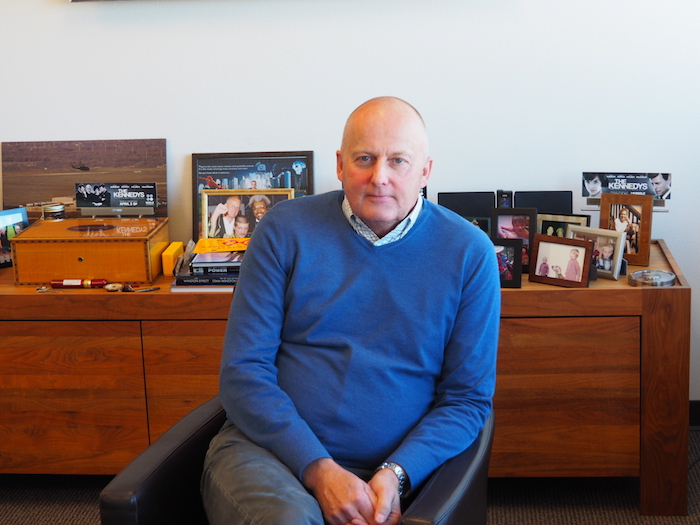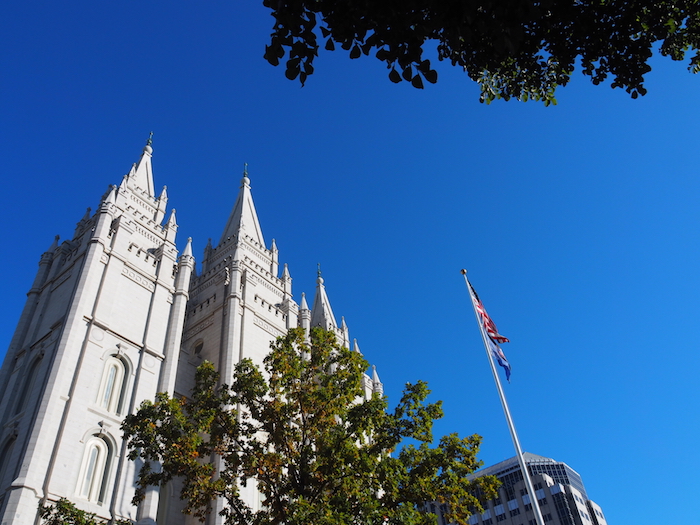Today, I published an article for the Washington Post Made by History section on the history of campus conflicts (see it here). Because of that, I wanted to post a conversation I recently had with Jim Gelb, who works for the California State University system. He lives in Washington and works with the federal government on policy relating to higher education. His experience has given him a unique perspective government and education.
How the federal government affects us:
I think people don’t have a very good understanding of what it really is that the federal government does that affects their daily lives. Federal policy affects our health, our ability to communicate, our commerce system. People don’t realize that. And people have no idea how much anything costs in relative terms.
The tax bill is a great example. Taxes affect a lot of things that aren’t just taxes, both on a local scale and a larger scale.
People need to understand federal and state responsibilities:
There’s a division of responsibilities between state and federal government. Higher education is a good example. Higher education is primarily state responsibility, even if it has important national implications. National defense is a federal one of course.
The role of universities:
It’s hugely important that universities prepare people as citizens. I’ve seen the full spectrum of universities. But as someone who works for the largest network of bachelors system in the country, the role of the university is that it provides opportunity, and ideally, success for vast numbers of individuals who come from first generation families, low-income families, people who don’t have built into their economic pathway a birthright to higher education.
A good university system can make sure there’s opportunity, access, and success. That’s not just measured economically. It’s also measured in improving lives of individuals and communities. Universities are working on research that can help solve problems.
Campus conflicts are overstated:
A lot of things get picked up in the press and political world are anecdotes that are real but not are not indicative of life on campuses. These stories get highlighted for a variety of reasons, but they don’t capture what campus life is like. For the most part, people are focused on other things – academics, friends. There’s always been conflict on college campus. I’m not sure that things are really different right now.
From my experience with the campuses I work with, it’s a small part of a much broader set of things. It’s not unimportant, but it’s overemphasized.
How people of different political leanings look at each other in his world:
I think in the world that I operate in, people would say one another are good citizens. I say that as part of the higher ed community and as someone who lives in the DC community that’s very political. There are a lot of people on different sides of issues, and people are friends. Most people give each other the benefit of the doubt for being engaged and thoughtful. But D.C. might be different.
What it means to be an American:
It means you’re incredibly fortunate. For most of us, it’s an accident of birth. Here we are, born in this place and time. I think about this as a Jew. I have a family member who was a child survivor of the Holocaust. He had family that didn’t make it. That easily could have been us.
What we can all do to be better Americans:
I think we have to work to recognize our assumptions and biases. They’re there, and we should be open to examining them. Look for common ground, not look for reinforcement of our assumptions

